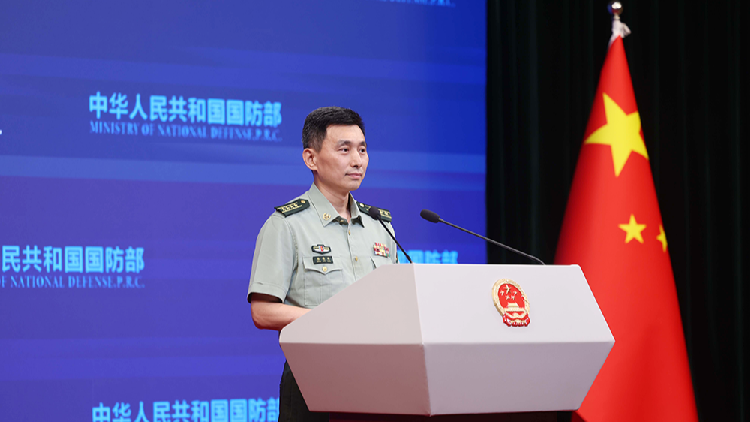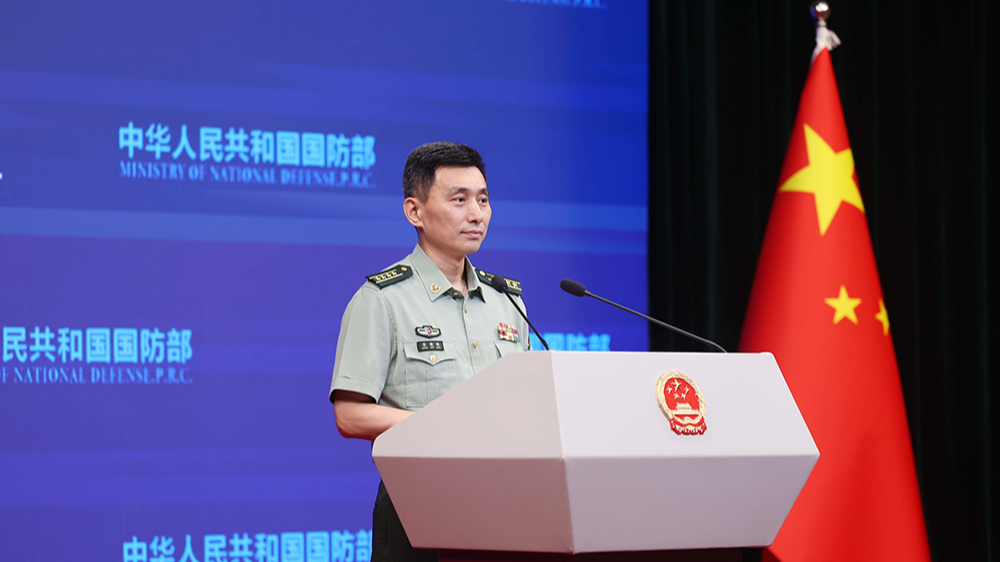Chinese Spokesman Blames U.S. for Exploiting Shangri-La Dialogue to Incite Disputes
China's Ministry of National Defense disputes U.S. Defense Secretary Hegseth's negative remarks at the Shangri-La Dialogue.


A spokesperson for China's Ministry of National Defense delivered a sharp rebuke on Sunday, accusing the United States of consistently using the Shangri-La Dialogue as a platform to foster disputes, fuel confrontation, and further its own interests. The comments came in response to negative remarks made by U.S. Defense Secretary Pete Hegseth at the 22nd Shangri-La Dialogue held in Singapore.
Zhang Xiaogang, representing the ministry, charged that the U.S. defense secretary's statements were steeped in "entrenched hegemonic logic, bullying tactics, and Cold War mentality." According to Zhang, these remarks not only violate China’s sovereignty and interests but also deliberately misrepresent China’s policy positions. He emphasized that such rhetoric "blatantly disregards regional countries' joint efforts to uphold prosperity and stability," and is at odds with the global community’s desire for peace and development. "We express grave dissatisfaction and resolute opposition," Zhang asserted.
Turning his attention to the broader international arena, Zhang stated, “The international community sees clearly what the United States has done.” He highlighted actions including the initiation of tariff and trade wars, the imposition of high tariffs for self-serving objectives, and the formation of exclusionary alliances that have raised concern throughout the world. Additionally, Zhang accused the U.S. of escalating military deployments in the Asia-Pacific and interfering in other nations' internal affairs, moves he claimed are inciting tensions across the region.
Zhang warned that these unilateral moves run counter to contemporary global trends and predicted they would "only backfire" on the United States in the long term.
When addressing the issue of Taiwan, Zhang reiterated China’s stance that the matter is an "internal affair" and insisted the U.S. has no authority to comment or leverage the topic as a bargaining chip. He declared that the Chinese People's Liberation Army would "resolutely safeguard national sovereignty and territorial integrity," vowing to crush any "Taiwan independence" separatist efforts or external interference. "Our determination is unwavering, and our capabilities and means are strong and reliable," Zhang stated.
Commenting on the South China Sea, Zhang pointed out that the region is globally acknowledged as one of the busiest and safest shipping lanes. He reaffirmed China’s commitment to resolving disputes through dialogue with relevant countries and pledged to work together with regional partners to transform the area into a zone of peace and cooperation. In contrast, he accused the U.S. of seeking to "sow chaos" by forging alliances and stirring trouble, which he described as "the greatest threat to regional peace and stability."
Zhang concluded by underscoring China’s role as a "guardian and promoter of peace and development" in the Asia-Pacific. He affirmed that the Chinese military will join other countries in the region to oppose hegemonism, reject the introduction of geopolitical conflicts, and resist forces aiming to disrupt stability. Highlighting China's vision, he said the nation will actively promote the concept of a shared future and implement key global initiatives, working together to secure enduring peace, stability, and prosperity for the entire Asia-Pacific region.




